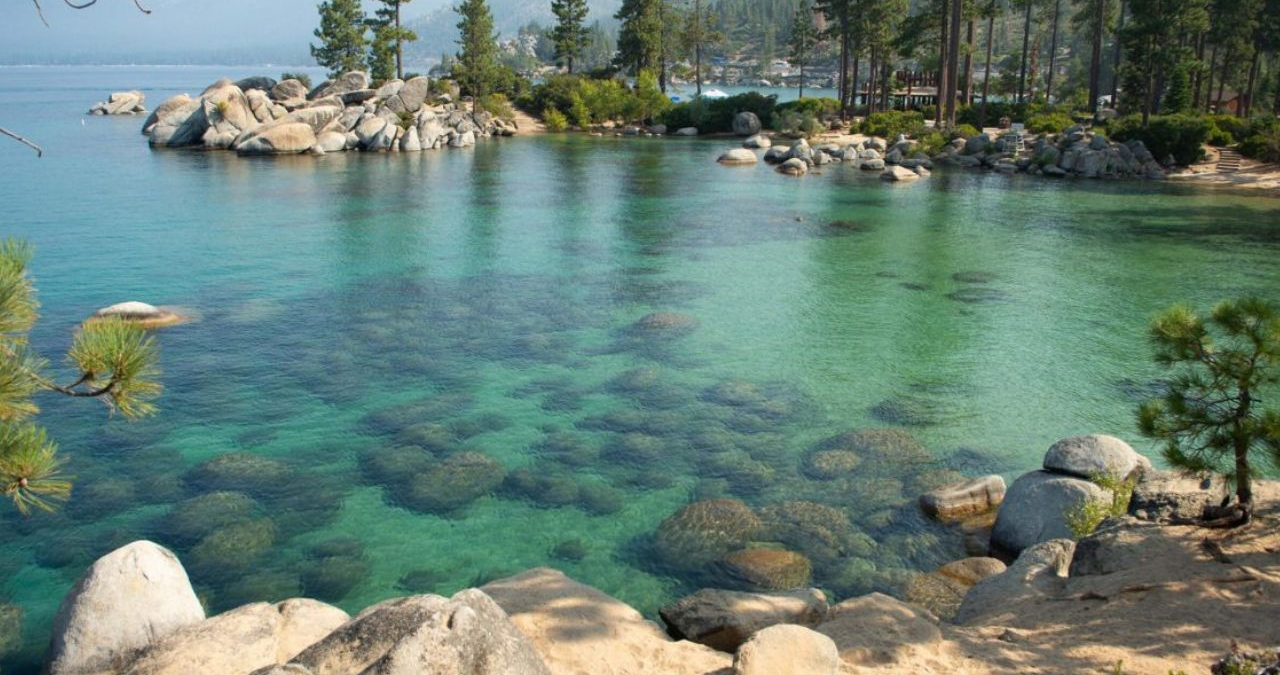Discover why Lake Texoma Should Be Capitalized. Learn the grammar rules, writing standards, and SEO impact of capitalizing geographic names properly. Expert-level insights and FAQs included.
Understanding the Basics: What’s in a Name?
Let’s kick things off with the basics. The phrase “Lake Texoma” refers to a specific and well-known geographic location straddling the border of Texas and Oklahoma. And here’s the thing: when you mention a specific place like this in writing, you’re dealing with a proper noun.
Proper nouns—names of specific people, places, or things—are always capitalized in English grammar. It’s not just a rule you learn in school and forget. It’s something that shapes how we write professionally, academically, and even casually online. So, Lake Texoma should be capitalized every single time it’s used.
It might seem like a minor detail, but capitalizing geographic names properly shows attention to detail, linguistic accuracy, and an understanding of English grammar that reflects well on the writer.
The Grammar Rule: Why Proper Nouns Matter
Here’s where we get into the real nitty-gritty. In English, there are two main categories of nouns: common nouns and proper nouns. Common nouns are general—like “lake,” “city,” or “mountain.” Proper nouns are specific—like “Lake Texoma,” “New York City,” or “Mount Everest.”
The word “lake” by itself is a common noun. It refers to any body of water that’s landlocked. But once you add “Texoma”, you’re no longer referring to just any lake. You’re talking about a specific one, with a unique name and geographical identity. That’s what makes it a proper noun.
As a result, Lake Texoma should be capitalized every time you write it. Whether it’s in a blog, a formal document, or even a text message—if you’re referencing the actual place, it needs to be capitalized.
Grammar purists and style guides alike (like the AP Stylebook or Chicago Manual of Style) support this rule. Not capitalizing “Lake Texoma” would be as incorrect as writing “grand canyon” or “mississippi river.”
Why Style and Presentation Matter in Writing
Writing isn’t just about throwing words onto a page. It’s about creating clarity, authority, and professionalism—especially when you’re discussing something specific like Lake Texoma.
Imagine reading an article about Lake Texoma and seeing it written as “lake texoma.” It looks careless, right? It immediately gives off the impression that the writer isn’t familiar with basic grammar rules. That little “L” and “T” might not seem like a big deal, but they matter.
Capitalization helps readers instantly identify what you’re talking about. Are you speaking about lakes in general or a specific lake? That distinction is crucial in writing, particularly when your audience is diverse, ranging from casual readers to academic researchers.
From blog posts to travel guides and even real estate listings, ensuring that Lake Texoma is capitalized keeps your content sharp and professional.
SEO Matters: Search Engines Prefer Correct Capitalization
Now let’s switch gears and talk about SEO (Search Engine Optimization). You might be wondering—does capitalizing “Lake Texoma” affect search rankings? While search engines like Google are smart enough to recognize terms regardless of capitalization, content quality signals do matter.
When your content is grammatically correct and stylistically clean, it boosts readability and user trust—two major ranking factors. Correctly capitalized proper nouns like “Lake Texoma” tell both the reader and the algorithm that your content is trustworthy and written by someone who knows what they’re doing.
Additionally, when people search for “Lake Texoma,” they often type it capitalized. Search engines may not penalize lowercase usage, but consistent, proper formatting gives your content a professional edge that can subtly improve performance over time.
The Cultural and Geographic Significance of Lake Texoma
We’re not just talking about any random body of water. Lake Texoma is one of the largest reservoirs in the United States, located on the border between Texas and Oklahoma. It’s managed by the U.S. Army Corps of Engineers and is a major destination for boating, fishing, and camping.
Because it is a recognized and named geographic landmark, it deserves the same grammatical respect as any national park or city. You wouldn’t write “yellowstone national park” in lowercase—so why would you write “lake texoma” that way?
Names carry identity, history, and cultural importance. Lake Texoma should be capitalized because it represents more than just water—it’s a location with meaning, significance, and a community behind it.
Common Mistakes and How to Avoid Them
Let’s look at some common mistakes people make when writing about Lake Texoma and how to fix them:
| Incorrect Usage | Correct Usage |
|---|---|
| lake texoma | Lake Texoma |
| visiting lake texoma | Visiting Lake Texoma |
| fishing in lake texoma | Fishing in Lake Texoma |
| camping near lake texoma | Camping Near Lake Texoma |
Why do these mistakes happen? Often it’s a mix of typing laziness, auto-correct issues, or just not knowing the grammar rule. But once you’re aware of it, fixing it is easy—and worthwhile.
A quick proofreading pass or grammar check tool can help catch these lowercase errors. But more importantly, building the habit of respecting proper nouns in your writing will elevate your communication skills in all areas.
How It Reflects on You as a Writer or Brand
Let’s be real—details matter. If you’re writing for a business, a blog, or even social media, the way you format names like Lake Texoma can impact your credibility.
Readers notice these things, even if they don’t consciously point them out. Using lowercase when referring to a proper noun might make your work look rushed or unprofessional. On the flip side, capitalizing Lake Texoma correctly sends a subtle message: “I know what I’m doing.”
And if you’re a brand in the travel, real estate, or outdoor recreation industry near Lake Texoma, this becomes even more critical. You want your content to reflect local expertise, and getting the name right is a small but mighty part of that.
Quotes from Grammar Experts and Style Guides
Here are some notable quotes to support the case for capitalization:
“Proper nouns always begin with a capital letter, regardless of where they appear in a sentence.” — Chicago Manual of Style
“Capitalization helps distinguish specific from generic, and proper nouns from common ones.” — The Elements of Style by Strunk & White
“Lake names such as Lake Tahoe, Lake Michigan, and Lake Texoma should always be capitalized as proper names.” — Grammarly Blog
These are not just arbitrary rules—they’re supported by every major writing authority out there. So if you want your writing to be taken seriously, following them is a must.
FAQs: Lake Texoma Capitalization Questions Answered
Why should Lake Texoma be capitalized?
Because it is a proper noun, referring to a specific, named location. All proper nouns in English should be capitalized to follow standard grammar rules.
What happens if I don’t capitalize Lake Texoma?
It may not change the meaning drastically, but it makes your writing look unprofessional, careless, and grammatically incorrect. Especially in formal or published work, that’s a big no-no.
Do other lake names follow the same rule?
Yes. Lake Tahoe, Lake Michigan, Lake Erie—all should be capitalized. It’s a universal rule for proper names of places.
Is it ever okay to write “lake texoma” in lowercase?
Only in stylized branding or poetry, where lowercase might be an intentional choice. But in standard writing, Lake Texoma should always be capitalized.
Does capitalization affect SEO or search visibility?
Not directly, but grammatically correct and well-formatted content is favored by users, which can lead to better engagement and indirectly benefit SEO.
Conclusion: Capitalization Shows You Care
Let’s wrap it up. At the end of the day, capitalizing “Lake Texoma” isn’t just about following grammar rules—it’s about respect. Respect for language, for your audience, and for the cultural significance of the place you’re talking about.
Whether you’re writing for business, school, or personal projects, getting the details right sets you apart from the rest. And yes, those little letters at the beginning of “Lake” and “Texoma” make a big difference.
So next time you’re writing about this beautiful body of water that thousands of people visit each year, remember: Lake Texoma should be capitalized. Always.




